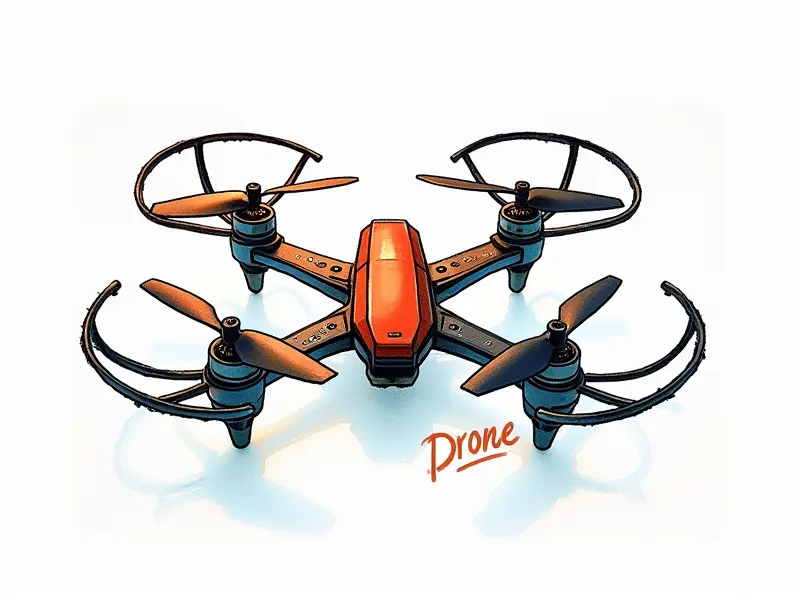What voltage for LiPo?

What Voltage is Best for LiPo Batteries?
Lithium Polymer (LiPo) batteries are a popular choice among RC enthusiasts and hobbyists due to their high energy density, lightweight design, and ability to provide consistent power. However, selecting the right voltage for your LiPo battery can significantly impact its performance and longevity.
Optimal Voltage Range for LiPo Packs
The optimal voltage range for a LiPo pack depends on the number of cells it contains. Each cell in a LiPo battery has a nominal voltage of 3.7V when fully charged, but this can vary depending on its state of charge:
- Charged Voltage: A fully charged LiPo cell reads around 4.2V.
- Discharged Voltage: When a cell reaches 3.0V, it is considered discharged and should not be used further to avoid damage.
Choosing the Right Voltage for LiPos
Selecting the correct voltage for your LiPo battery involves understanding how many cells are in series (S) or parallel (P). The total voltage of a LiPo pack is calculated by multiplying the number of cells in series by 3.7V:
- 1S Battery: 3.7V
- 2S Battery: 7.4V (2 x 3.7V)
- 3S Battery: 11.1V (3 x 3.7V)
- 4S Battery: 14.8V (4 x 3.7V)
LiPo Battery Voltage Guide for RC Models
For RC models, the voltage of your LiPo battery is crucial as it affects motor performance and flight time. Here’s a quick guide:
- Small Drones (150mm - 250mm): Typically use 3S batteries for optimal balance between power and efficiency.
- Larger Drones (450mm - 600mm): Often require 4S or higher to provide sufficient thrust and endurance.
- Heli Models: Generally use 3S batteries for smaller models, while larger helis may benefit from 4S packs.
Ideal Voltage Settings for RC LiPos
The ideal voltage setting ensures your battery operates within its safe range and maximizes performance. Here are some guidelines:
- Charging: Charge to the maximum recommended voltage (4.2V per cell).
- Flying: Optimal flying voltage is typically between 3.7V and 3.9V per cell.
Maximize Performance with Correct LiPo Voltage
To get the best performance from your RC model, ensure you’re using the correct battery voltage. Higher voltages can provide more power but may also shorten flight times due to increased energy consumption:
- Battery Capacity: Larger capacity batteries (mAh) offer longer flight times.
- Voltage and Power: Higher voltage provides more power, which is essential for high-performance models.
Common LiPo Voltage Questions Answered
Frequently asked questions about LiPo battery voltage include:
- Can I use a higher voltage battery? Yes, but ensure your equipment can handle the increased power and adjust settings accordingly.
- What happens if my battery is overcharged or undercharged? Overcharging can damage cells, while undercharging reduces performance and lifespan.
Best Practices for LiPo Battery Voltage
To maintain optimal voltage levels:
- Monitor Voltage: Use a reliable voltmeter to check your battery’s state of charge regularly.
- Balancing: Ensure all cells are balanced during charging and discharging.
Understanding LiPo Voltage Requirements
The voltage requirements for LiPo batteries vary based on the application. For instance, a 4S battery is suitable for high-performance drones that require more power than a 3S pack can provide:
- High-Performance Drones: Use higher voltage packs (e.g., 4S or 5S) to achieve better lift and speed.
Tips for Selecting LiPo Battery Voltage
When selecting the right voltage, consider these tips:
- Model Type: Choose a battery that matches your model’s power requirements.
- Battery Capacity: Larger capacity batteries are better for longer flight times but may be heavier.
Why Voltage Matters in LiPo Batteries
The voltage of your LiPo battery is critical as it directly affects performance, efficiency, and longevity. Properly managing the voltage ensures you get the most out of your RC model:
- Performance: Higher voltages provide more power but may reduce flight time.
- Lifespan: Operating within recommended voltage ranges extends battery life and prevents damage.
Conclusion
Selecting the right LiPo battery voltage is essential for achieving optimal performance in your RC models. By understanding the voltage requirements, monitoring your battery’s state of charge, and following best practices, you can ensure your equipment operates at its peak efficiency and longevity.

